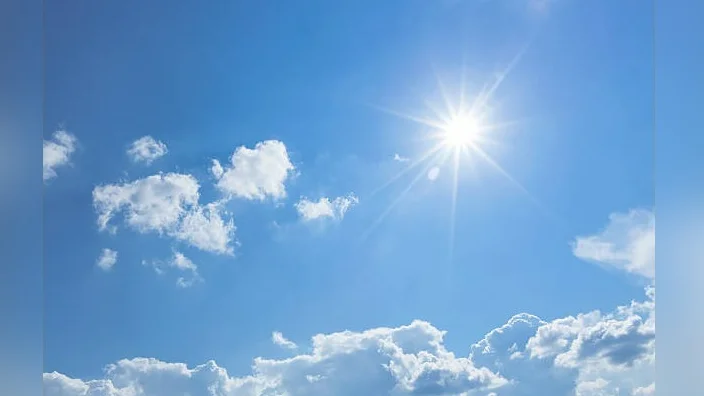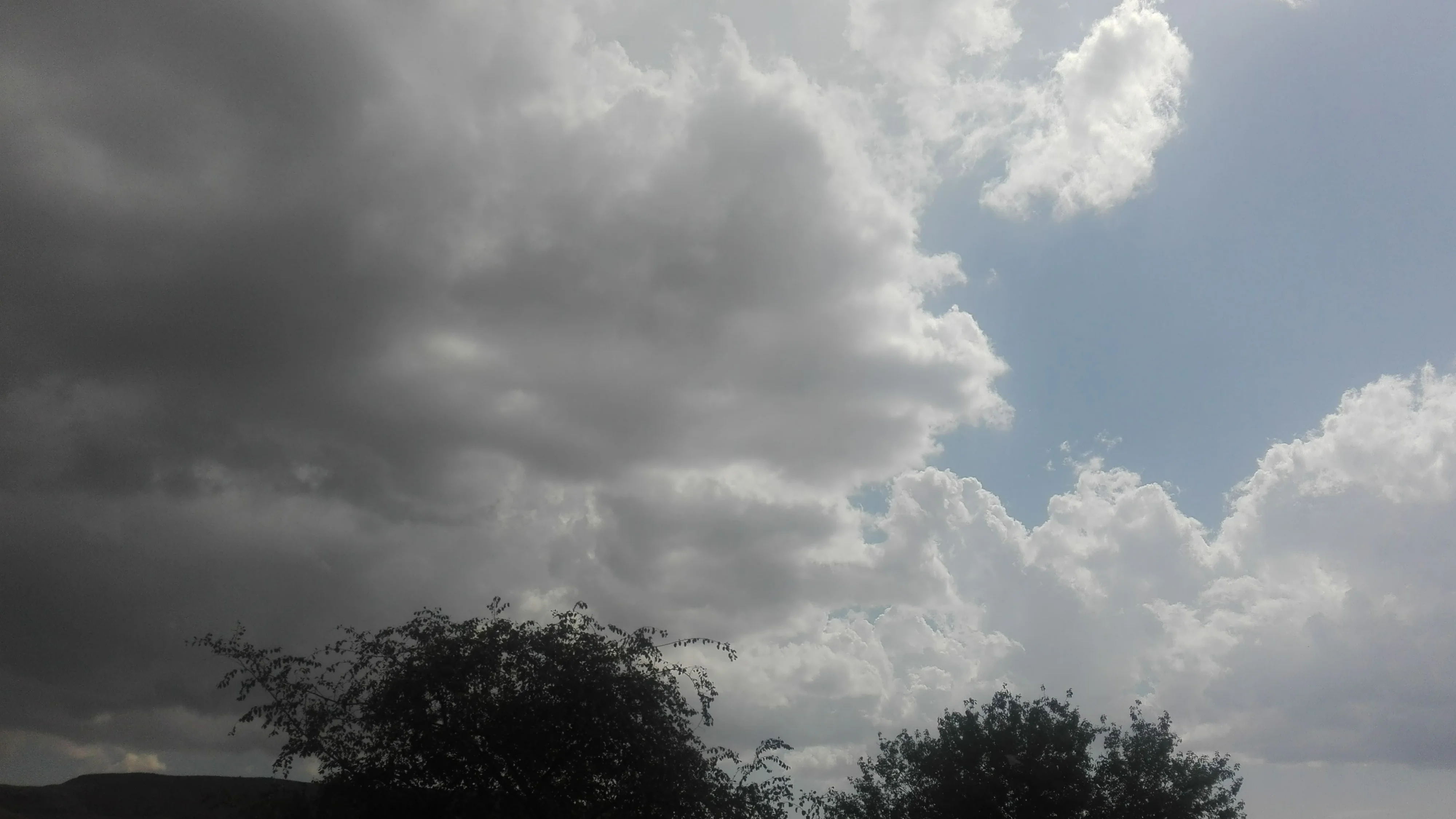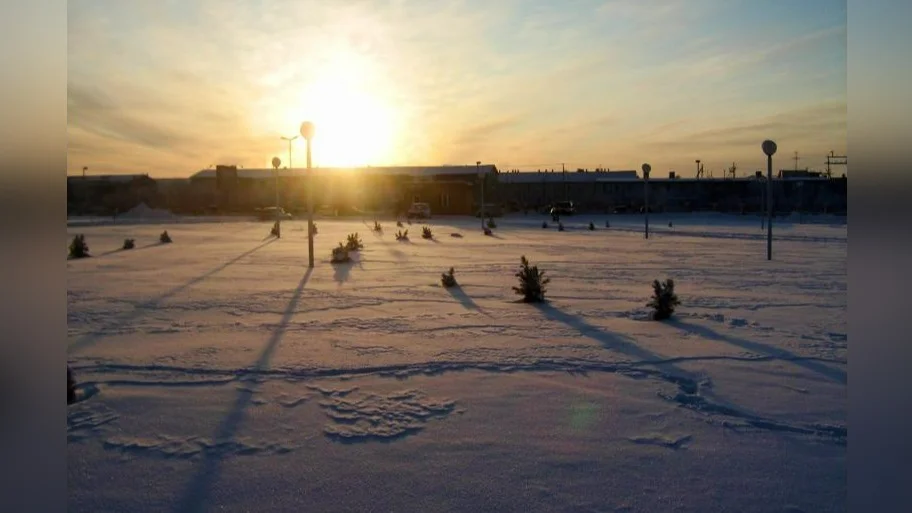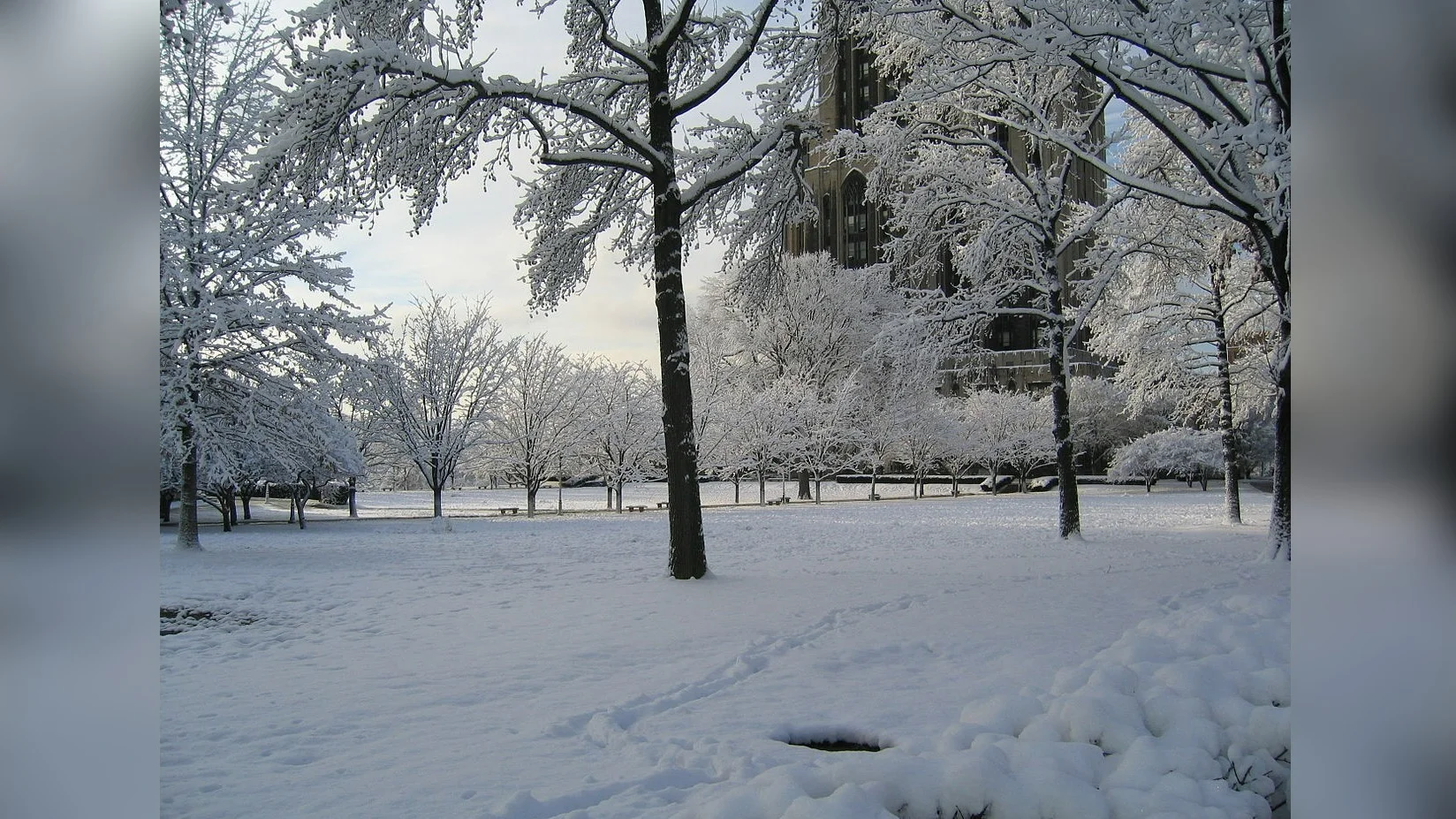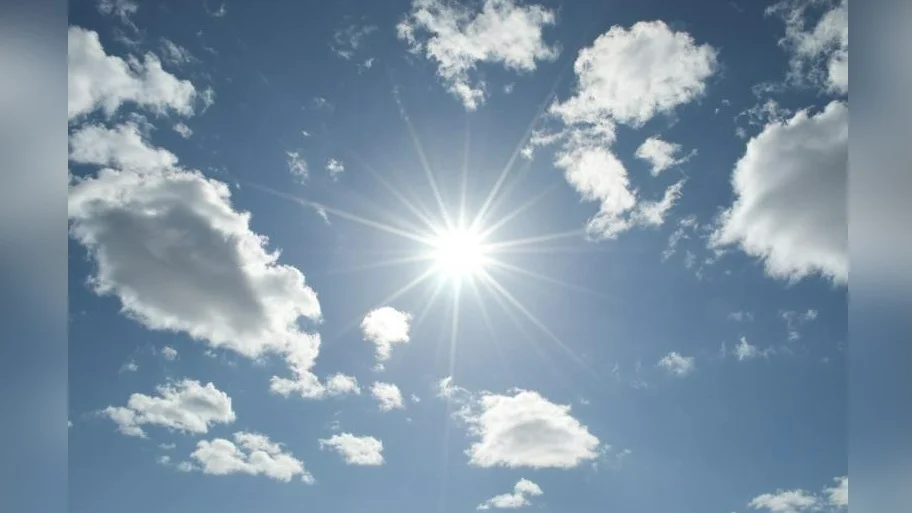From April 22 to April 25, 2025, Brigham Young University–Hawaii hosted a significant gathering of approximately 170 religious leaders and scholars from Southeast Asia to engage in discussions focused on creating peaceful and inclusive societies. This event was part of the initiatives spearheaded by the Religious Freedom and Human Dignity Initiative at BYU–Hawaii, in partnership with the International Center for Law and Religion Studies, the Religious Freedom Institute, and the Leimena Institute of Indonesia.
The conference welcomed a diversity of religious representatives, including members from the Anglican Church, Buddhist Missionary Society, Catholic Church, the Institute of Islamic Understanding, and The Church of Jesus Christ of Latter-day Saints. These leaders and scholars exchanged views on religious freedom and human dignity in the region and explored ways to advance these values in their respective countries.
Elder Michael B. Strong of the Church’s Philippines Area Presidency commented, "Southeast Asia is one of the most religiously diverse regions on the planet, where many global religions and indigenous communities live side by side in vibrant communities. As leaders of our countries and communities, we must strive to build pluralistic societies where peace, unity, and harmony thrive." Elder Strong also highlighted the unique role of BYU–Hawaii in promoting peace and intercultural understanding.
Elder Nithya Kumar Sunderraj of India, from the Church of Jesus Christ’s Fourth Quorum of the Seventy, also participated in the conference. He met with students at BYU–Hawaii, encouraging them to embrace Christlike leadership, community service, and support for religious freedom and human dignity in their home countries.
Attendees also had the opportunity to experience the local culture and community, including a tour of the Laie Hawaii Temple grounds, which holds historical and religious significance as the first temple built outside the continental United States.
A distinctive part of the conference was the "talanoa" gatherings. These informal discussion sessions allowed students and community members to engage directly with the delegates, discussing key issues, goals, and interfaith topics. These sessions were highlighted as particularly impactful by many participants.
The involvement of Southeast Asian students at BYU–Hawaii, who contributed as volunteers, played a crucial role in the success of the event. These students presented research, coordinated sessions, and facilitated interactions, enriching the conference experience with their insights into religious freedom challenges faced in Southeast Asia.
The conference was underscored by a spirit of mutual respect and a collective goal of fostering a more peaceful and inclusive Southeast Asian region.
 Alerts Sign-up
Alerts Sign-up
